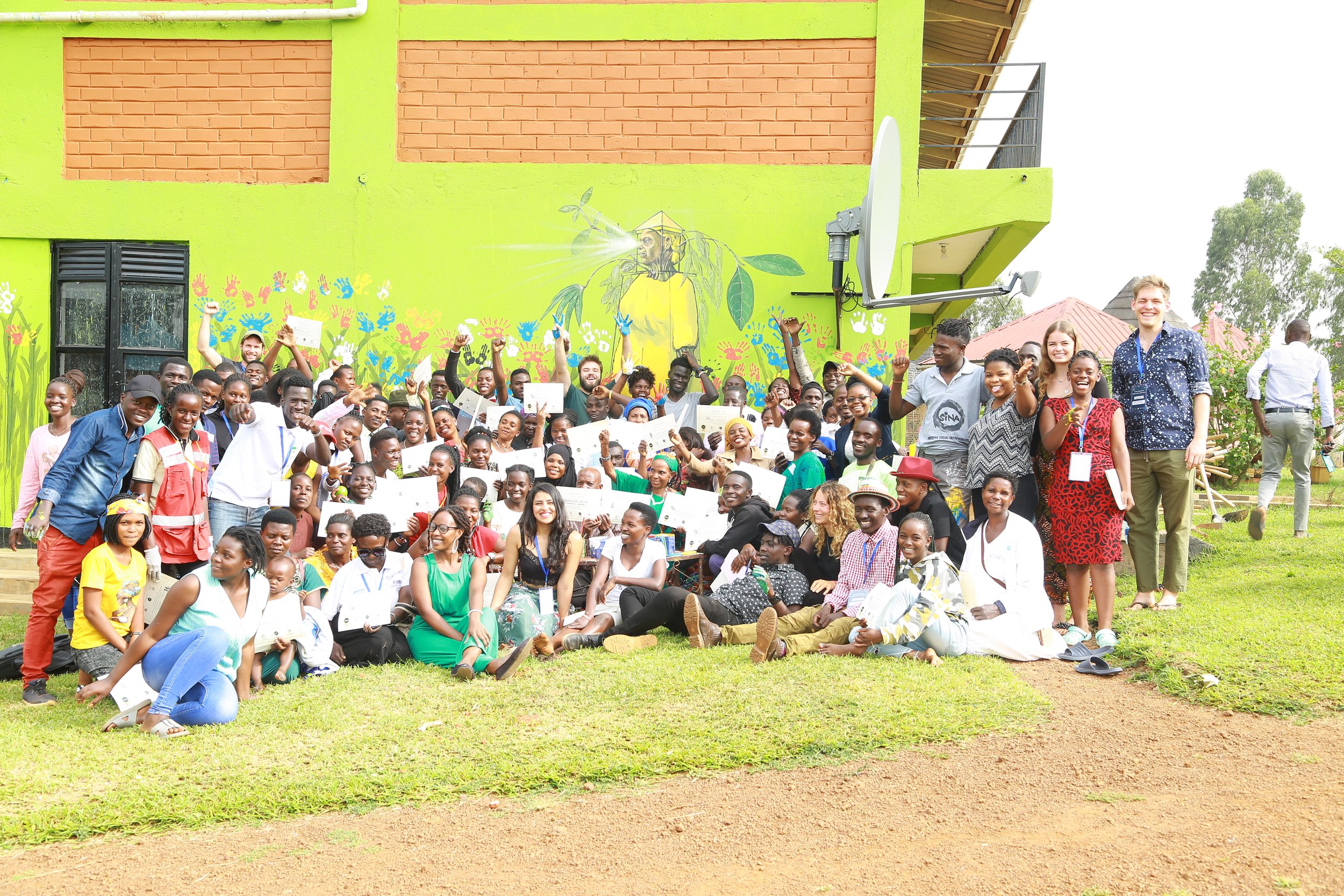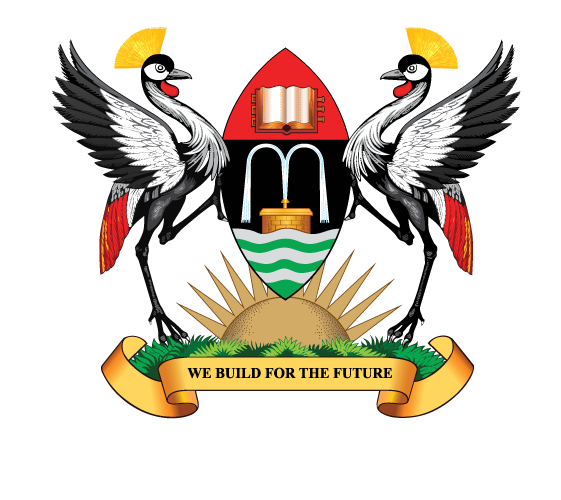



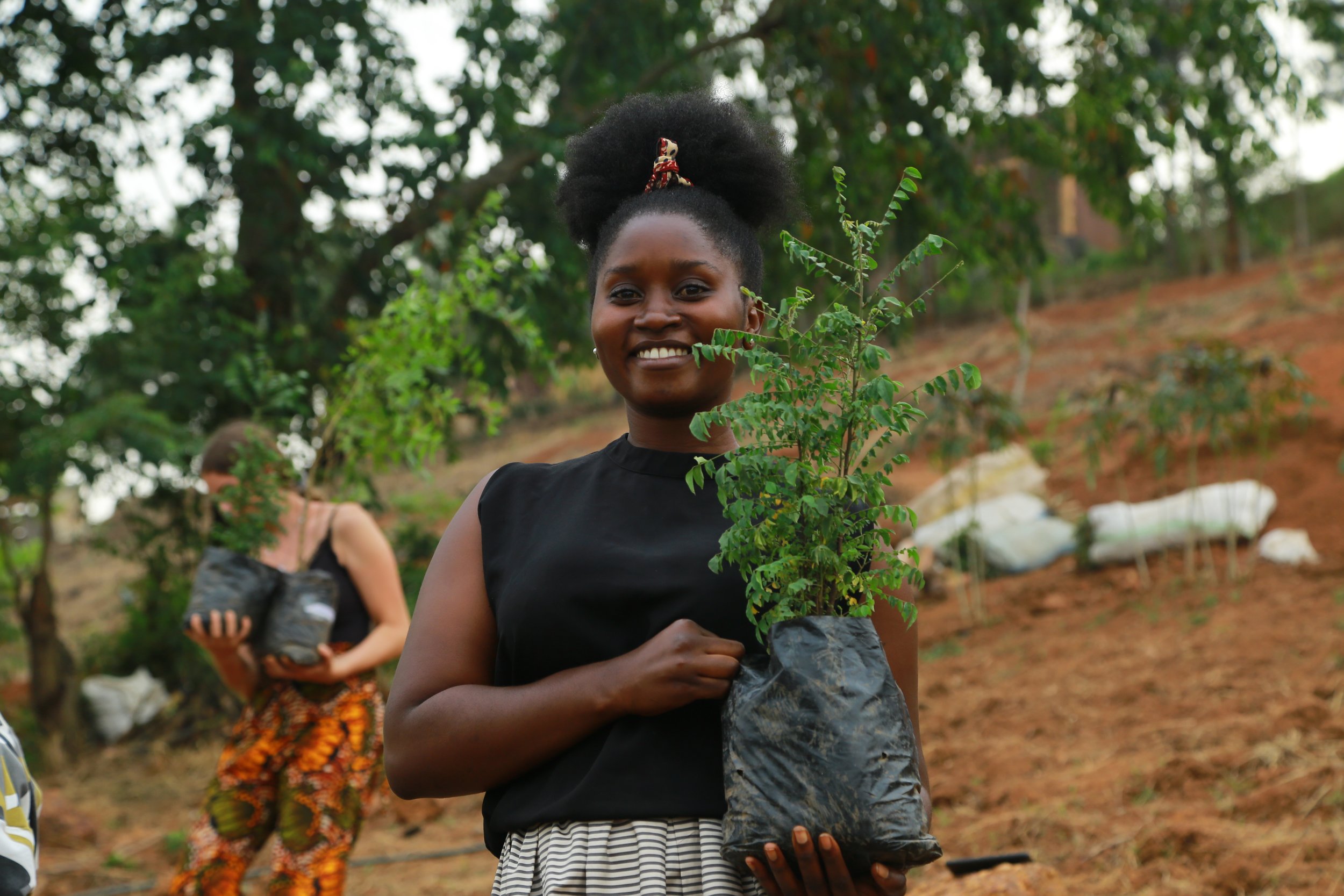

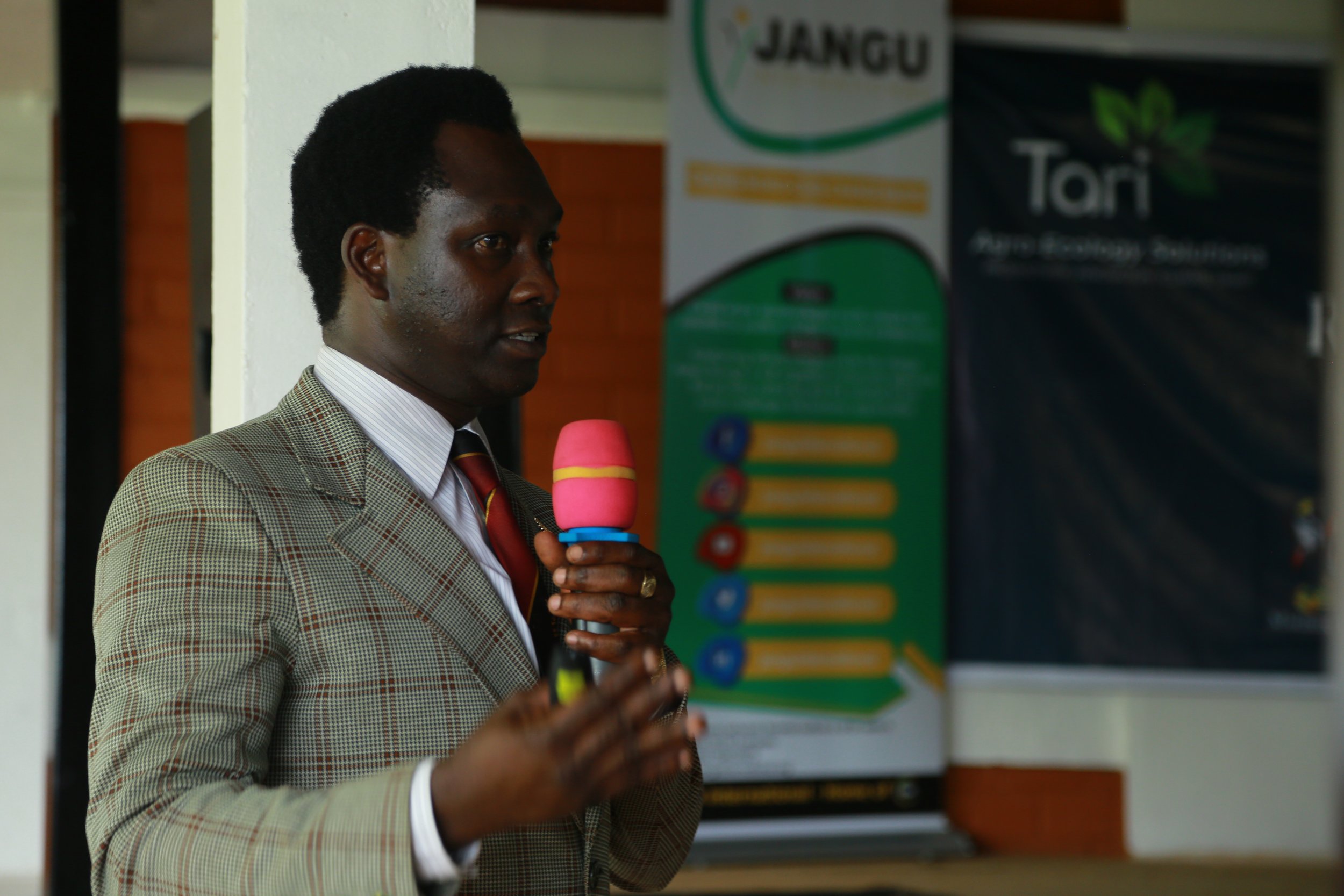
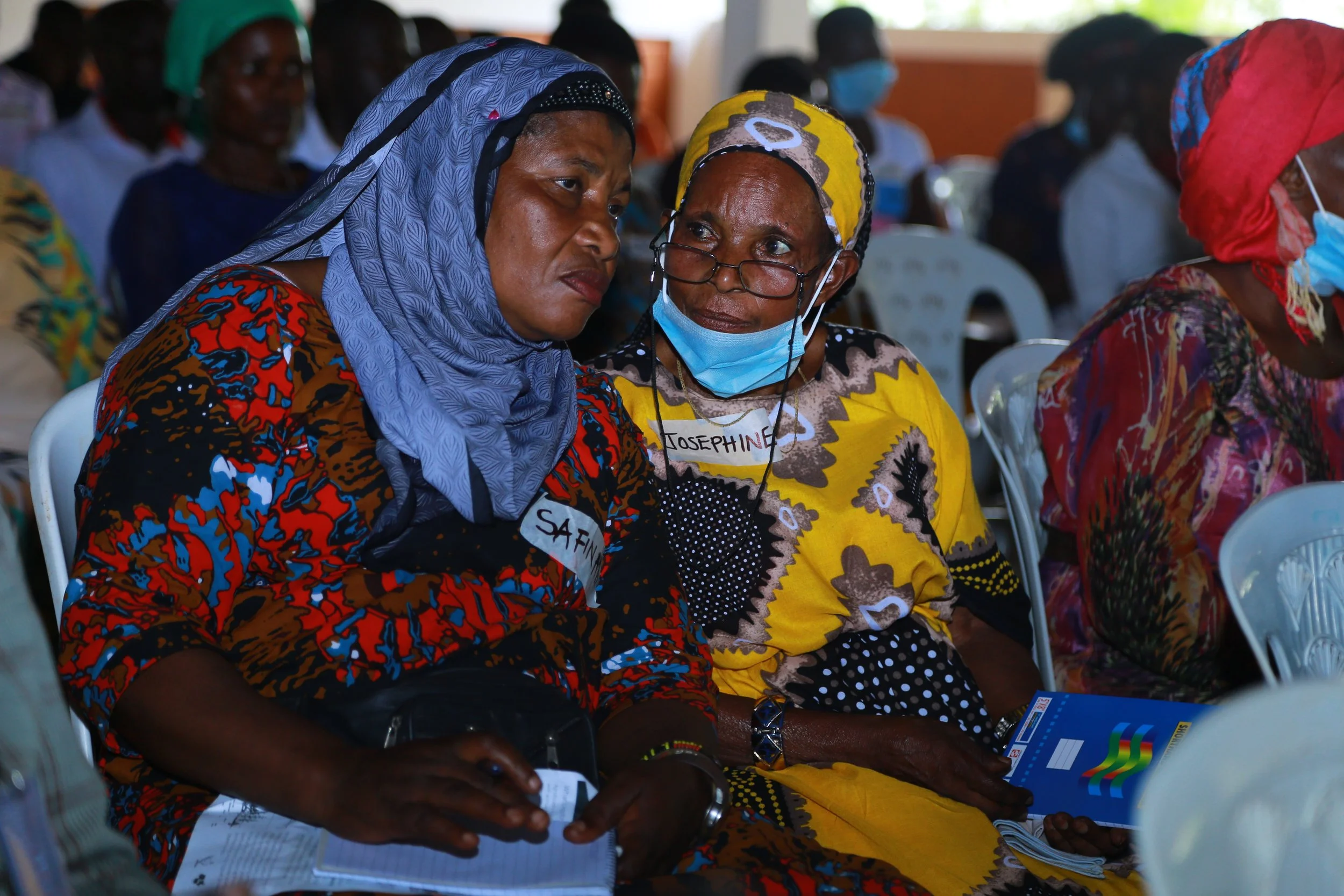



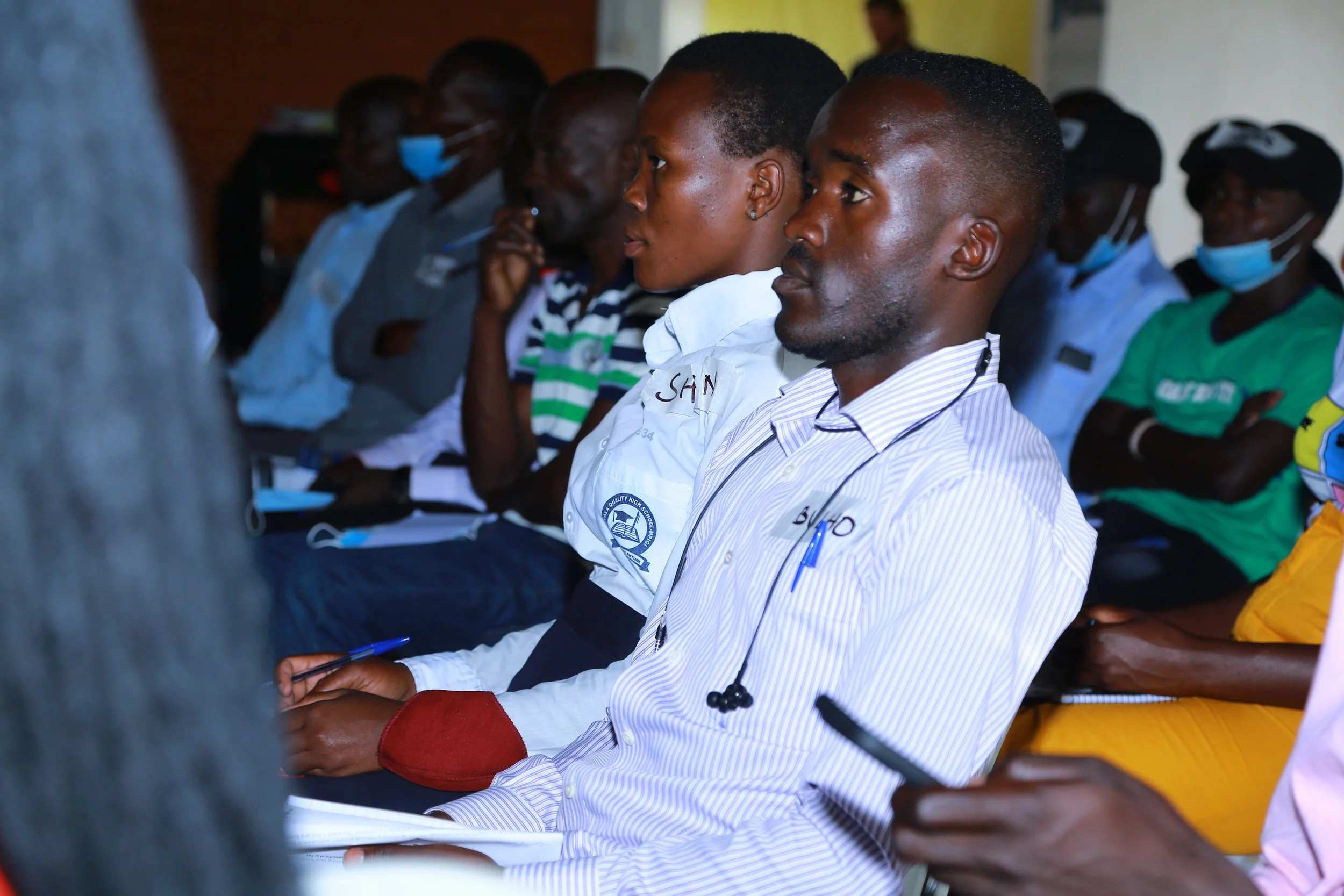
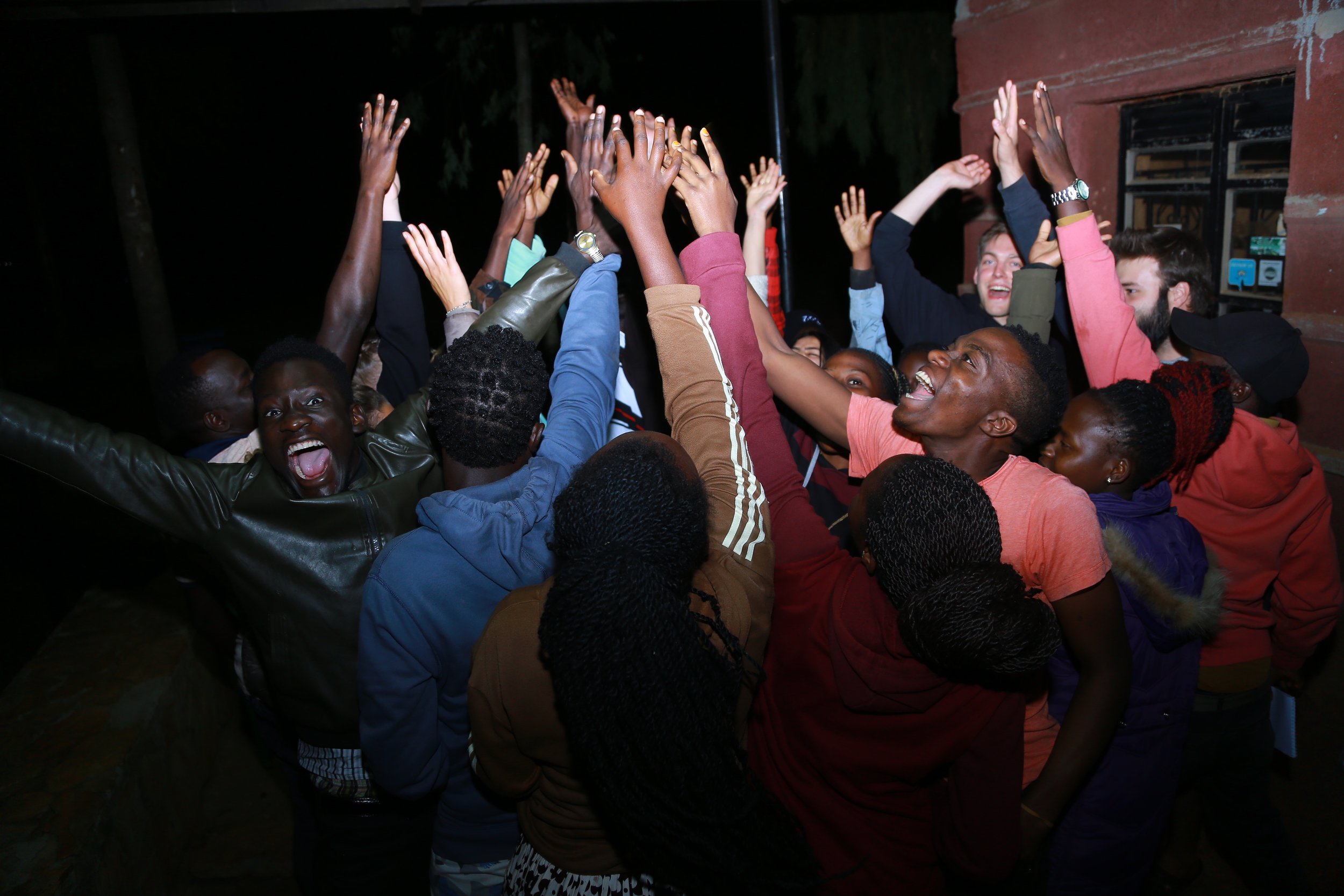


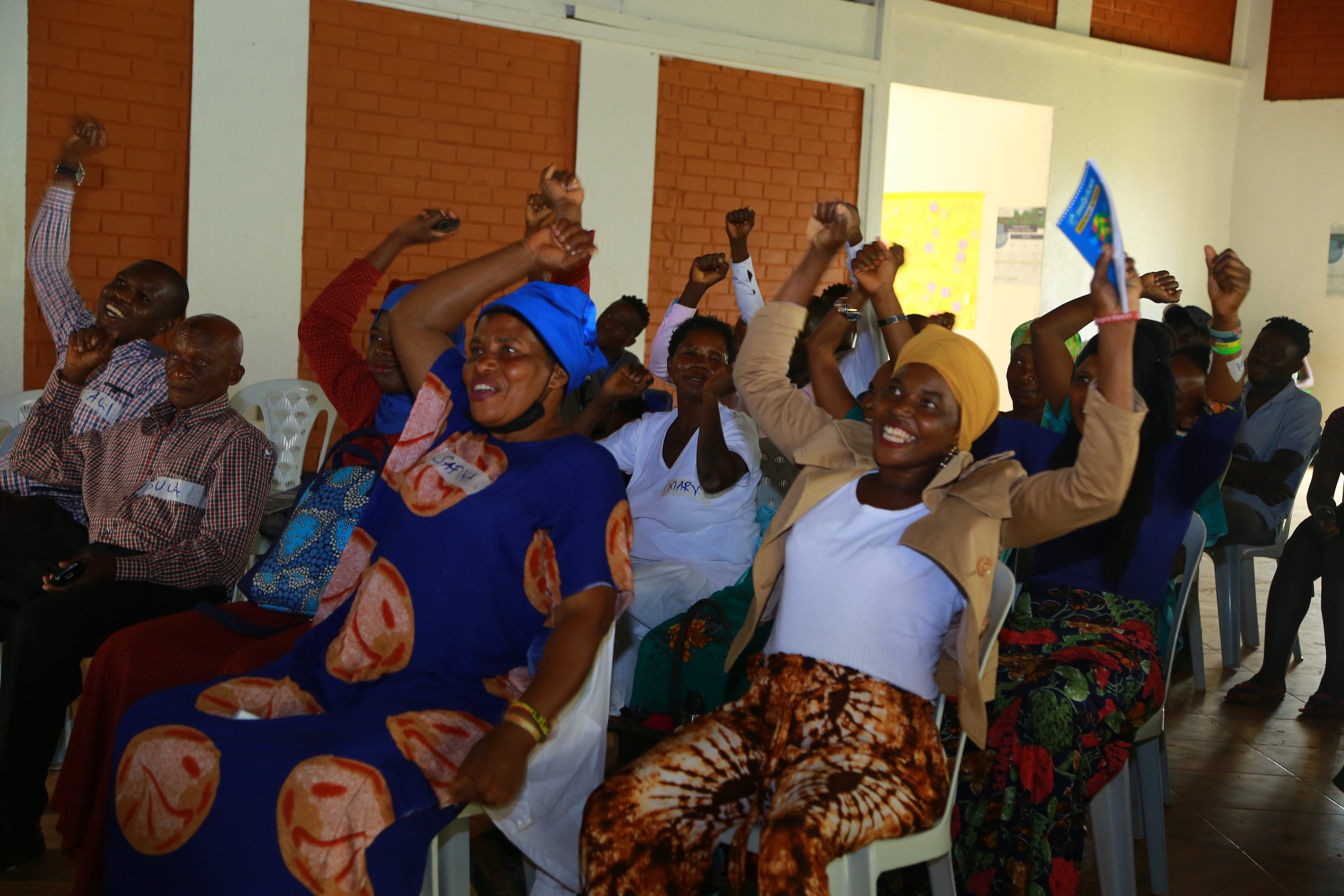


Action Summit: Regenerative Agriculture
Mpigi, Uganda
A unique training event designed to put Regenerative Agroforestry on the map in Mpigi, and bring it to life for local farmers.
3 days - 130 participants
Lectures from agroforestry experts and Makerere University researchers
Regenerative venture building competition
Collective planting of 2 acre on-location demonstration site
-
This event was co-hosted with Social Innovation Academy (SINA), Mpigi. An organization dedicated to providing social and impact entrepreneurship training to disadvantaged youth, SINA provided on-ground expertise, integration with Mpigi farming communities, and the event and planting space. With Tari’s continued technical support, SINA will also own and manage the developing agroforestry system.
-
Ecosystem Regeneration - Principles of syntropy, biodiversity, hydrology, & soil building.
Cash Crops vs Multifunctional - Building robust ecological communities by emphasizing species interaction while retaining market value
Business Models for Regenerative Agriculture - The opportunities and challenges of bringing agroforestry produce to market
-
Planting According to Ecological Design: Types of agroforestry systems, dense intercropping, ecological succession.
Cultivating Biodiversity: Attracting pollinators and building pest-predator balance
Species Selection: Building guilds for productive intercropping and drought resilience
Maintenance & Pruning: Maximizing photosynthesis, spurring growth, and encouraging abundant harvests
-
Connecting Existing Regenerative Projects: Meeting and knowledge-sharing.
Laying The Groundwork For New Projects: Identifying challenges and bottlenecks & Establishing personal relationships that led to new partnerships
-
Integrate knowledge from the event into local community contexts. Participants competed in a competition to develop the most innovative and practical ideas for implementing agroforestry and regenerative principles in their own communities.
Winners: Butambala Permaculture Group
Design of regional seed-bank initiative to bring seed independence and make high-value, ecological sound varieties more available to smallholder farmers.
Keystone Farmers Testimonial
“In the past, I have only planted grains and vegetables on my land, but now I’am also going to plant trees since I’ve learned how to grow trees and crops together in a way that supports both.“
— Kisekka Joseph (Kyengera farmer)
"As regenerative farmers, learning from and supporting each other is the best way to take care of both nature and people"
— Abdu (Butambala Permaculture)
“Lighthouse” Model Farm
As the demonstration space planted during this event matures, it will become a “Lighthouse” Model Farm that builds regional capacity for regenerative farming.
-
Produce from the site will support SINA village, which will also benefit from the biodiversity and ecosystem services the agroforestry system provides
-
A space for low-risk experimentation in regionally specific best practice, appropriate species & varietal selection, and processing and market access.
In order to fine-tune future regenerative initiatives, scientific documentation of the ecological and economic impact of the site’s development will be carried out by Makerere University.
-
A tool by which to reduce the knowledge & experience related risks associated with adopting regenerative farming. By functioning as a hub for training and technical support, the site will become the central node of a network of keystone farmers affecting grassroots change around Mpigi.
-
With eight other Social Innovation Academy sites across Uganda and East Africa, this event can be easily adapted to new communities, establishing the foundations for an interconnected network of agroforestry training centers and regenerative farmers.
Tari has also entered discussions with representatives from Kyakka II Refugee Settlement about the suitability of an ASRA event in this context, as a means of addressing nutritional insecurity and and balancing the short term needs of displaced people with the longer-term needs of host communities.
